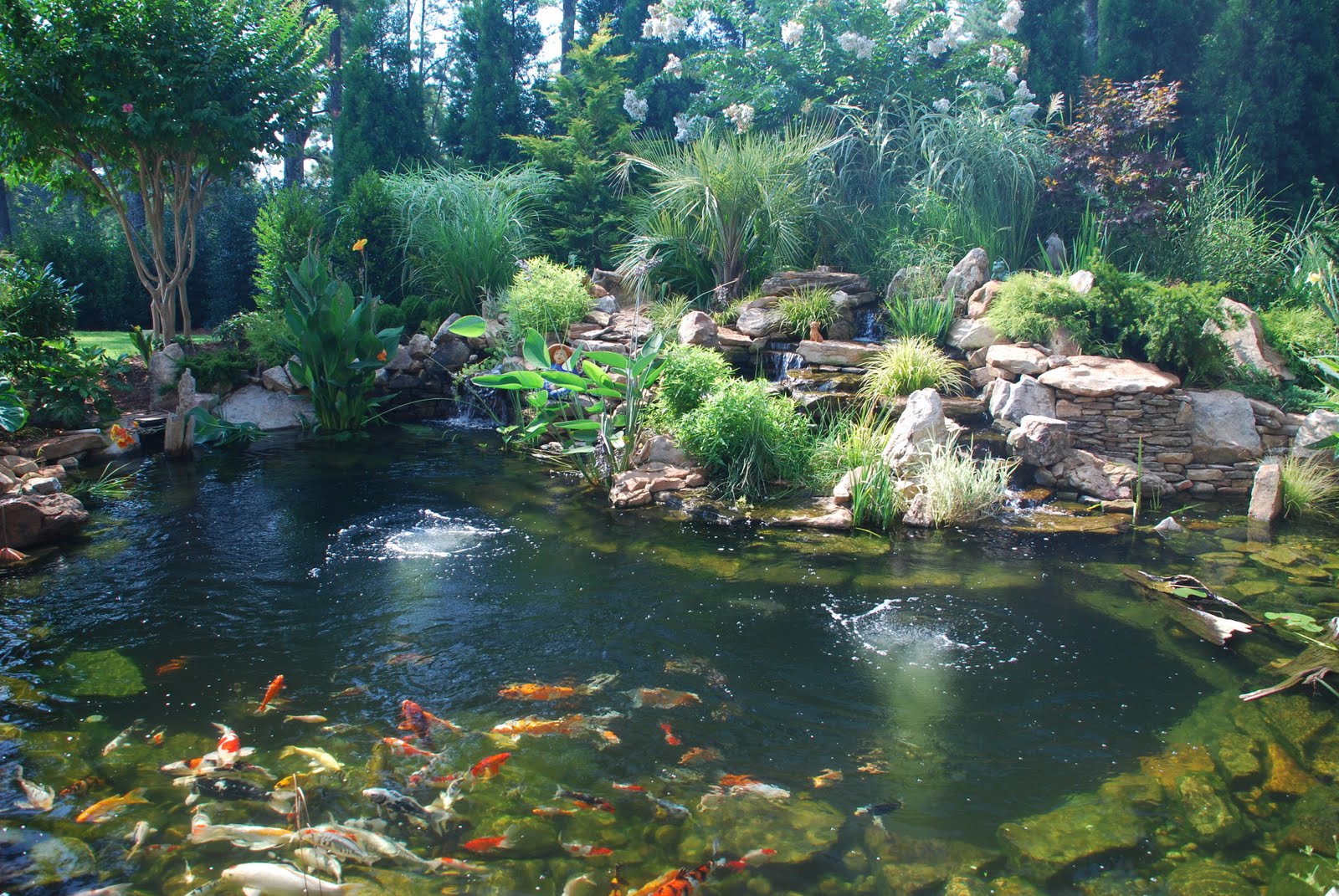
The Death of Koi Pond Fish: Causes, Prevention, and Treatment
Introduction
Koi fish are a beautiful and popular addition to any backyard pond. They are not just pets, but a part of the family for many pond owners. It can be devastating to find out that one or more of your koi fish have died, and it is important to understand the reasons why this may occur.
Causes of Koi Pond Death
Water Quality
Poor water quality is the most common cause of koi pond death. Fish need clean, oxygenated water to survive. If the water is not properly filtered and aerated, it can become polluted with chemicals, waste, and harmful bacteria. The pH level and temperature of the water also play a role in the health of your fish. If the water is too acidic or too warm, it can stress out your fish and make them more susceptible to disease.
Overcrowding
Overcrowding is another common cause of koi pond death. Koi fish need plenty of space to swim and grow. If there are too many fish in a small pond, they can become stressed and more prone to disease. Additionally, an overcrowded pond can lead to an increase in waste and a decrease in oxygen levels.
Predators
Predators such as birds, raccoons, and even cats can hunt and kill your koi fish. It is important to take steps to protect your pond, such as adding netting or fencing around the pond. Additionally, adding hiding places and plants in your pond can give your fish a place to hide from predators.
Disease and Parasites
Like any pet, koi fish can get sick. Diseases and parasites are common in fish and can quickly spread in a pond. The most common diseases in koi fish include fungal infections, bacterial infections, and parasitic infections. It is important to keep a close eye on your fish for any signs of illness, such as lethargy, loss of appetite, or discoloration.
Prevention and Treatment of Koi Pond Death
Water Quality
The best way to prevent koi pond death is to maintain good water quality. This can be done by regularly testing the water for pH, ammonia, and nitrate levels and making any necessary adjustments. Installing a high-quality filter and aeration system can also help to keep the water clean and oxygenated. Additionally, make sure to avoid overfeeding your fish, as uneaten food can contribute to pollution.
Pond Maintenance
Regular pond maintenance is key to preventing koi pond death. This includes removing any dead leaves or debris from the pond, cleaning the filter regularly, and doing partial water changes every few weeks. It is also important to avoid using chemicals or pesticides near the pond, as these can be harmful to your fish.
Fish Health
Keeping your fish healthy is another important aspect of preventing koi pond death. This includes feeding them a healthy and balanced diet, avoiding overfeeding, and providing them with plenty of space and hiding places. Additionally, make sure to quarantine any new fish before adding them to your pond, as they may bring in diseases or parasites.
Diagnosis and Treatment
If you notice any signs of illness in your fish, it is important to diagnose and treat the problem as soon as possible. This may involve isolating the sick fish, treating the pond with medication, or consulting with a veterinarian. Make sure to follow the instructions on any medication carefully and continue to monitor the water quality and the health of your fish.
Conclusion
Koi pond death can be a sad and difficult experience for any pond owner. However, with proper care and maintenance, you can prevent many of the common causes of koi pond death and keep your fish healthy and happy. By maintaining good water quality, preventing overcrowding, protecting your pond from predators, and keeping your fish healthy, you can enjoy the beauty and companionship of your koi fish for years to come.